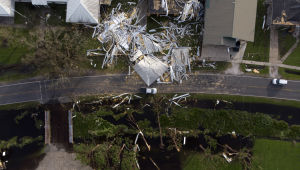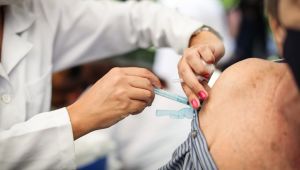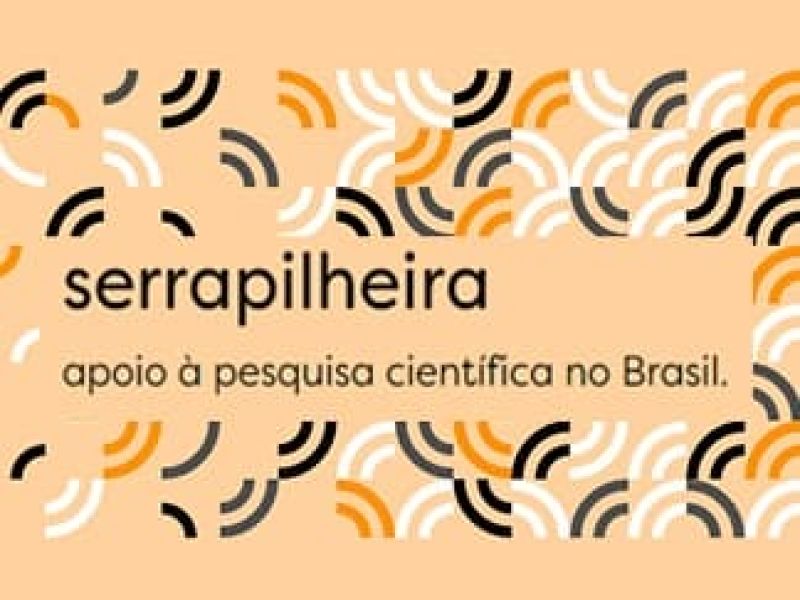The Serapellera Institute, on Wednesday (1), launched its fifth public call to support young scientists. Up to ten researchers will be selected to develop daring theoretical and experimental projects, to be funded in amounts ranging from R$200,000 to R$700,000 per proposal. The amounts will be distributed over three years, with the possibility of extension. Registration will open from October 26 to November 26 on the page public call, where the full public notice can be checked.
The director of science at the Serapellera Institute, Cristina Caldas, told Agência Brasil that the institution is still looking for young people who are proposing big questions in their areas. “We encourage people to think about the big questions that motivate them to understand science, both natural sciences, mathematics and computer science, even if they are more serious questions.” The notice is looking for scientists who are considering projects different from those being undertaken, which are bold and even risky.
For Christina, the public call is a space for young scientists to test their ideas, as long as they are scientifically based, but have a certain risk element that it will be difficult to get support from a public agency, for example. The new component, which has not been requested before, is exactly this: the candidate explains the risks and shows how he sees that risk, he explained.
The range of values must be included in the offers submitted. Cristina reports that the Serapellera Institute has found that depending on the field of science, geographic area and approach to the projects, the value of their realization varies. In general, projects with a theoretical approach require less investment than pilot projects.
Selection
The selection process consists of two stages. In the first, young scholars submit a proposal in advance, which will be evaluated by international reviewers, as has been done since the fourth call. Candidates show their curriculum vitae, academic career, and already published articles that they consider relevant, as well as answering six objective questions. “We make the process more improving for both the scientist and the reviewers. Cristina Caldas explained that the candidate must be able to write in a very strong and logical way about the project he wants to develop, and also have to give an element of what he has already done as a scientist.” She believes that this will allow us to analyze the degree of creativity and boldness suggested by the researcher.
After that, some young people will be called to make a complete and detailed proposal. The last step for applicants includes an interview in English with experts. The first stage of the public call will present its results in February 2022. The second, more difficult stage, will release its results in June next year. From August 15, 2022, the selected young scientists will start developing their projects, which will run for three years.
To participate in the notice, candidates must have a permanent relationship with a research institution in Brazil and have completed their PhD between January 1, 2014 and December 31, 2019. This period has been extended up to two years for women with children, due to the impact of motherhood on academic output, he said. director.
Depending on the field of knowledge, female participation is reduced. Examples so far include the fields of mathematics and computer science. On the other hand, the natural sciences usually have a good representation of women. Cristina Caldas said the average supporter was generally 40% for women and 60% for men.
Institute
Instituto Serapelleira is the first private non-profit organization promoting science in Brazil. The Foundation was created to promote scientific knowledge and increase its visibility, in addition to promoting the culture of science in the country, and it operates through two main axes: science and scientific publishing. Since its inception, Serrapilheira has supported 139 research projects and 55 scientific publishing projects, in which more than R$ 50 million has been invested from a grant of R$ 350 million.
Christina Caldas explained that 30 of these projects have long-term support. “We believe that good science needs time and freedom to develop.” She explained that the institute had begun to reap the first fruits Grant (Scholarships) awarded, noting progress in important areas such as quantum information, ecology, and neuroscience. “Amid an unfavorable scenario for research, we are more confident that this investment cannot be stopped,” the director said.
see also

United States of America
The United Nations believes that Hurricane Ida may be the most expensive in history

Corona Virus
COVID-19: Brazil records lowest moving average of cases in a single day

“Wannabe internet buff. Future teen idol. Hardcore zombie guru. Gamer. Avid creator. Entrepreneur. Bacon ninja.”



